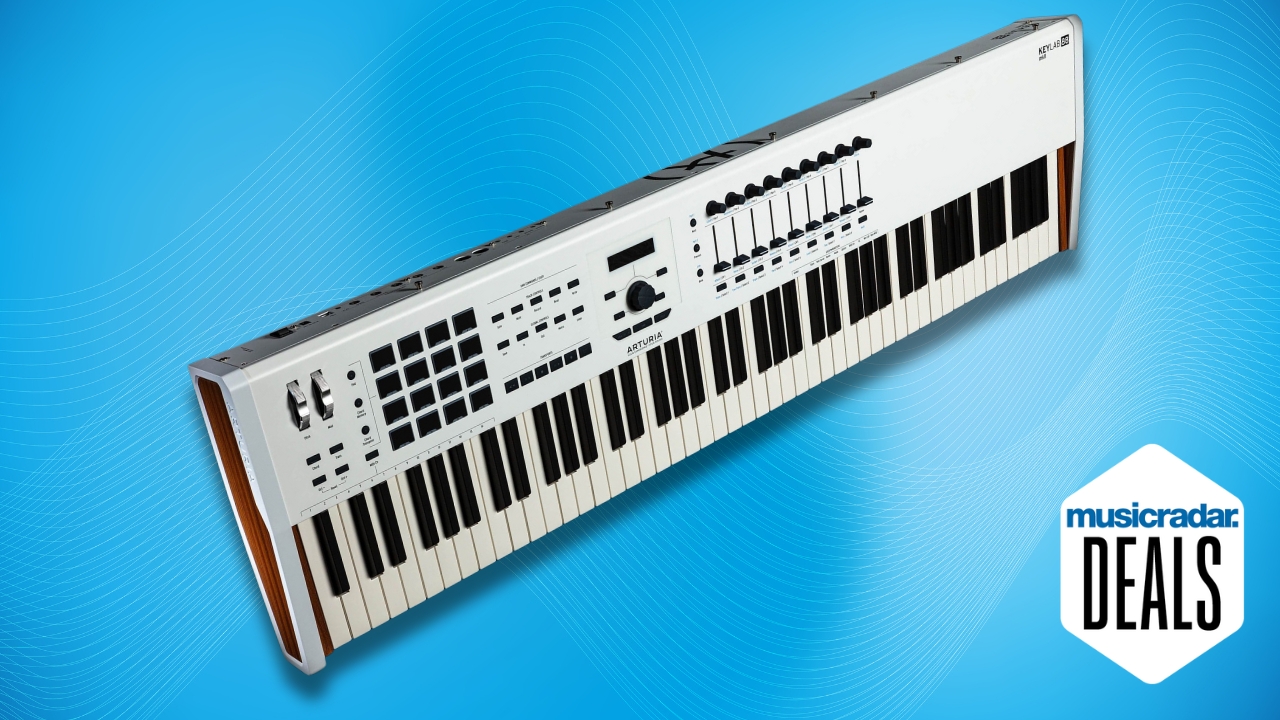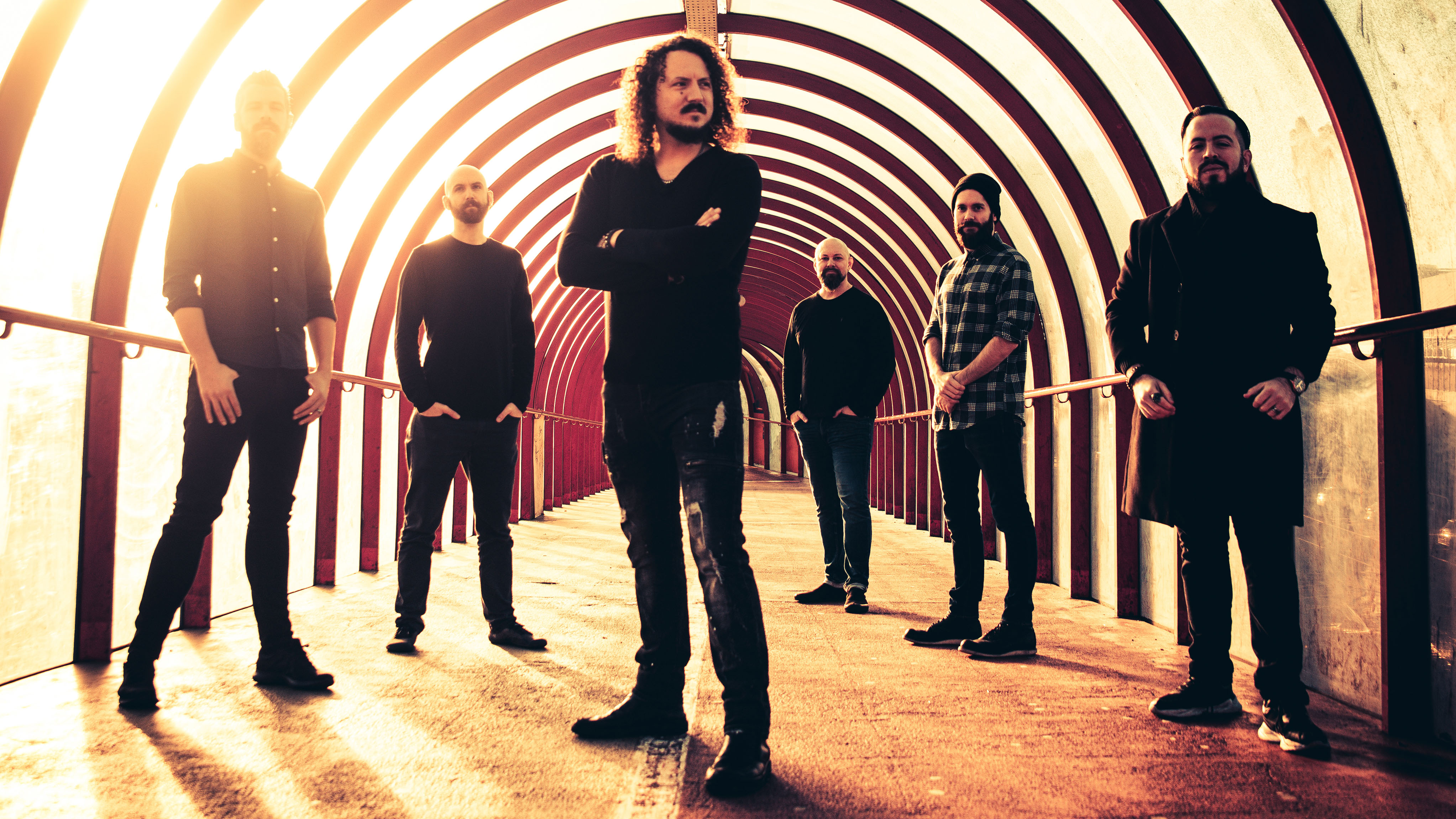
It's that classic prog story. Band writes song, band likes song, band writes two concept albums based around song's main character. However, the twist in Haken's take on the myth is that the fantastic second album in this epic tale emerges right in the middle of a global pandemic; and it's called Virus. As guitarist Richard Henshall eloquently claims, you couldn't write it.
“We always had the sequel idea in mind"
“It’s the most unfortunate thing. We had this title in mind two years ago when we were writing Vector. What are the chances of a pandemic happening at the same time?” he explains, seeing the funny side of the predicament.
“We always had the sequel idea in mind and the title, and a lot of the lyrics on Vector were based on the virus. We had the master and all the videos ready, so when it came to releasing the album we couldn’t go back on anything.”
Fans of the London-born prog metallers should nevertheless be elated with the new record, as it takes in the broad expanse of sounds and influences Haken have embedded in their music over their previous five efforts, while expanding upon the ideas and themes of 2018's preceding Vector.
Given the double album nature of the Vector/Virus axis, it's also given Richard and his cohorts more time to build songs up, with the heavy riffing of Prosthetic and 17-minute epic Messiah Complex the most refined and ambitious tracks of their musical exploration to date.
“We knew it was going to be a double album so we were consciously saving ideas for Virus as we were writing Vector,” explains Richard, revealing that much of the fine-tuning to ideas several years old was done on a tour bus studio setup before and after shows supporting Devin Townsend at the end of 2019.
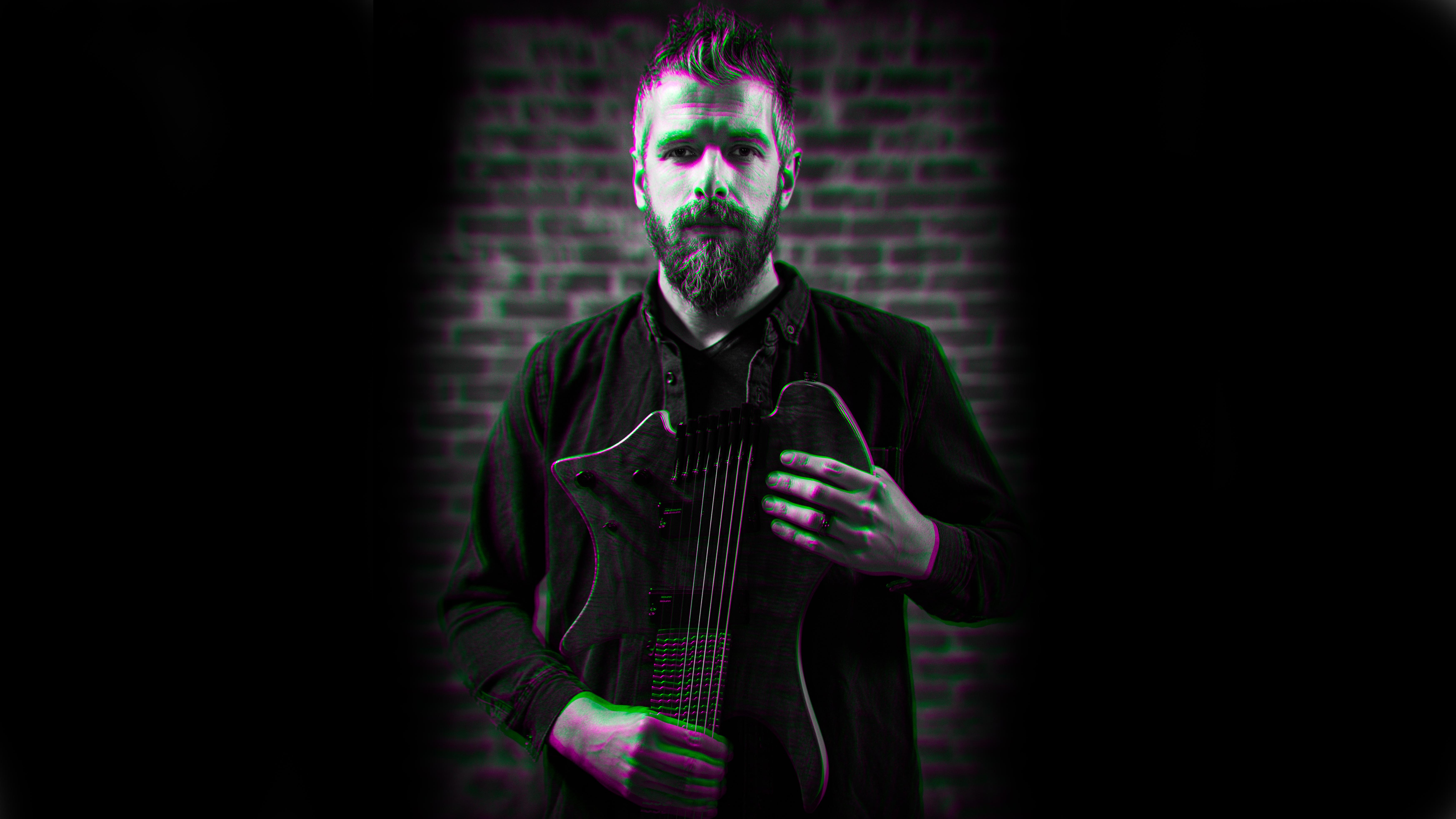
“Certain songs needed time to develop into what they needed to be. Messiah Complex would be the best example of that, which we started working in around the time of Vector – it’s been two years in the making.
Get the MusicRadar Newsletter
Want all the hottest music and gear news, reviews, deals, features and more, direct to your inbox? Sign up here.
"We’ve done longs in the past, but we’ve never really done a song that’s that intense, heavy and riff-based of that length before. It’s the hardest and most technical song we’ve written, so it’ll be interesting trying to play it live.”
Speaking of what goes makes up the kaleidoscopic breadth of Virus, Richard adds that the band has broadened their tastes, evident in the hidden Easter Eggs listeners can pick up throughout the album.
“We include a lot of electronic music and I listen to a lot on indie like Everything Everything and Bon Iver, and jazz like GoGo Penguin and Tigran Hamasyan. And I think all that together gives a really eclectic sound. So many people get wound up on trying to categorise the music and pigeonhole certain bands,” he adds. “We try not to limit ourselves so just labelling us as a metal band doesn’t really do it justice.”
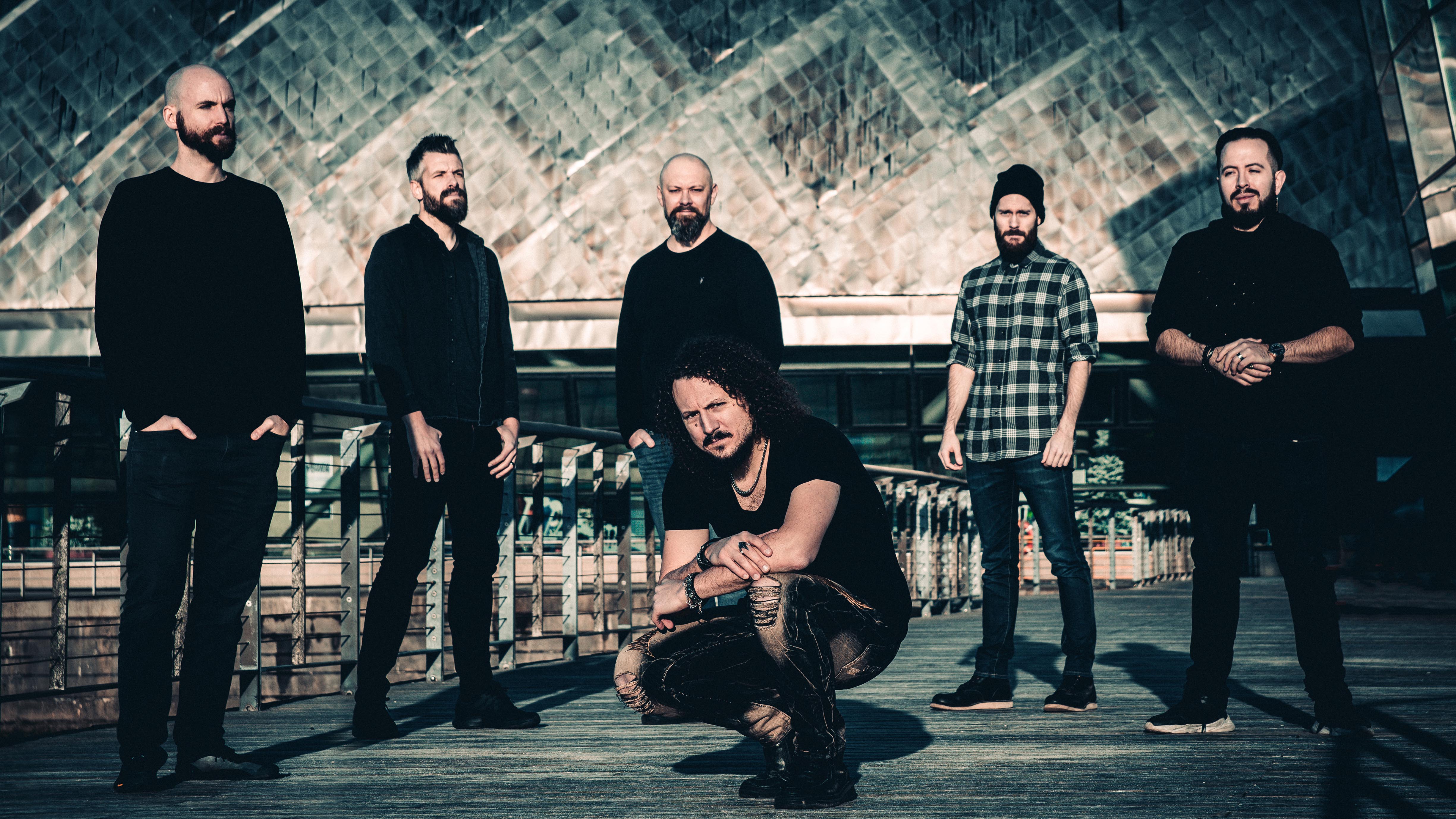
This is certainly the case as Richard takes us on a journey through his own musical evolution, from rooting through his father's classic prog rock LPs, loving the aggressive London hardcore of Stampin' Ground and Knuckledust as a teen, and finding revolutionary sounds in the guitar work of Tom Morello and the piano of Tigran Hamasyan.
With such a colourful palette, it's unsurprising that his ten favourite progressive albums cover both big hitters and some left field choices that he insists will blow the minds of any open-minded music fan.
1. Devin Townsend – Terria (2001)
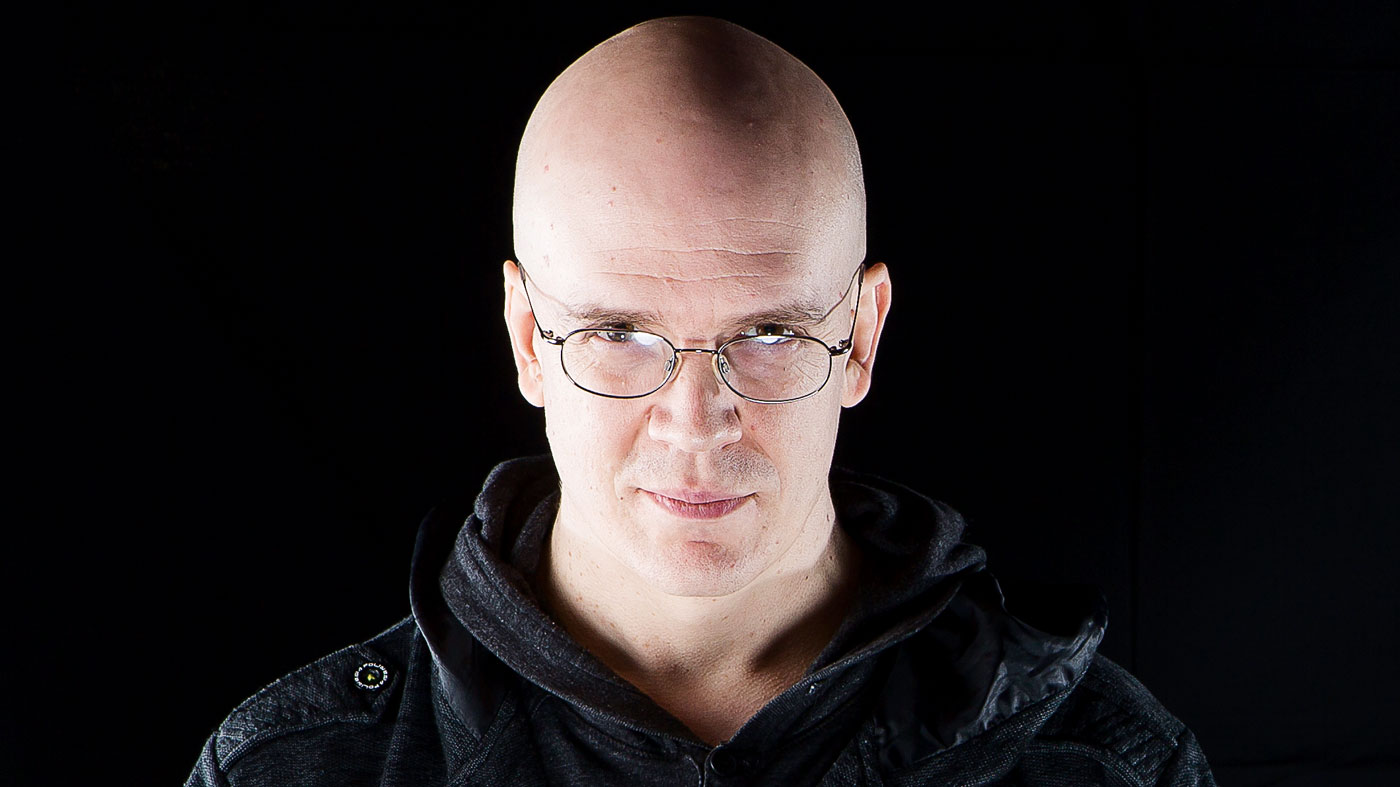
“Devin has always been a big influence on me over the years. When I was about 16 I was into Terria massively, it was around the time when Dream Theater opened all of these doors for me.
"It’s still one of my favourite albums of all time, I love it, I love the multi-layered approach to his writing. It’s so dense, in terms of the arrangements, and you can hear all this weird stuff like dogs barking in the background, it’s so weird!
"I think it was written when he was going through a tricky time mentally and I think you can hear that in the music. It’s a special album for me, it really inspired me, so to be on tour with him was a big deal for us.”
2. Dream Theater – Awake (1994)
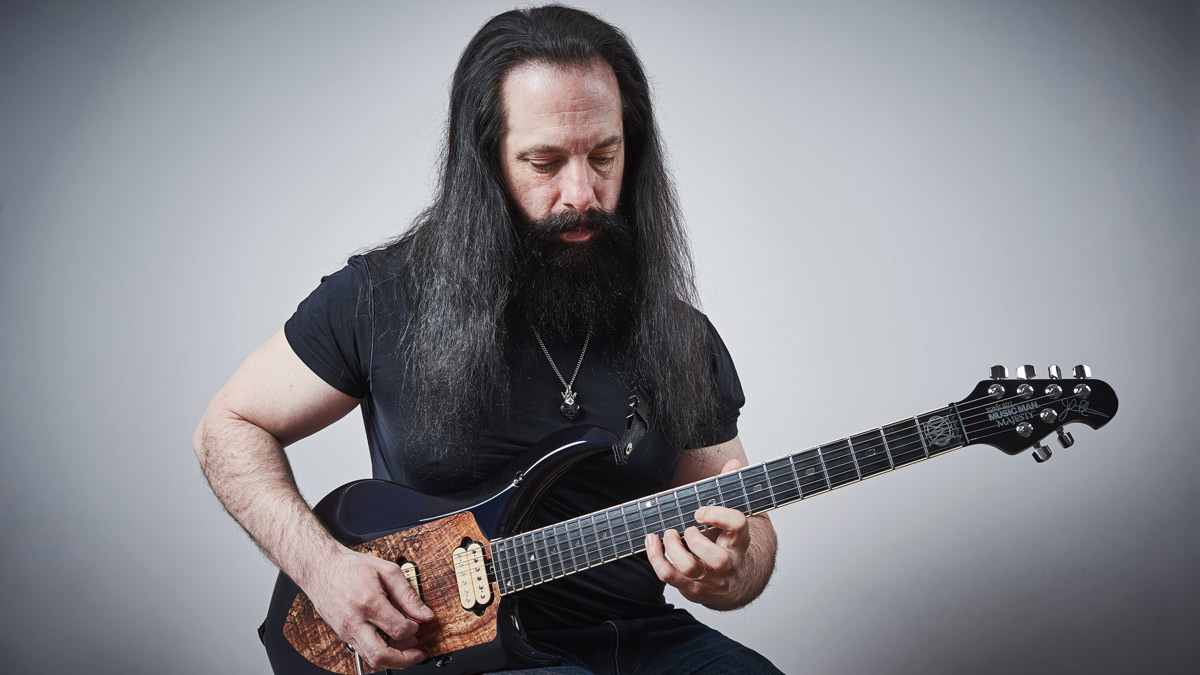
“Dream Theater are another big influence. I remember vividly hearing them when I was 16 at the point when I was into Metallica and heavy music. When it came to fancy guitar work Kirk Hammett was the pinnacle for me, I never knew that there was anyone who could play faster than him.
Someone mentioned ‘If you’re into guitar playing you should check out Dream Theater, their guitarist John Petrucci is a complete machine.’
“So the next day I bought Awake the next day and listened to it with Ross [Jennings], the singer from Haken, and my mate Matt Marshall (ex Haken guitarist). I just sat there listening to the guitar playing throughput the album, but especially I. Erotomania blew me away.
"I couldn’t believe it was real, I thought he must have sped it up or something. But I checked out some videos and somehow he had got to that level. It inspired me to become more proficient as a guitarist and a writer. They were the catalyst to push us to start Haken.
Metropolis Pt. 2: Scenes From A Memory is my favourite of theirs, but Awake is special because it’s the first one I got into.”
3. Opeth – Still Life (1999)

Opeth's Mikael Åkerfeldt: the 10 guitarists that blew my mind
“When I was growing up I was into hardcore, which is really raw and gritty but doesn’t really have the same depth as say progressive music. So Metallica and …And Justice For All had these progressive tendencies while still being really raw and heavy, and really bridged the gap to bands like Dream Theater and Opeth.
“Still Life is my favourite Opeth album. It’s just so bleak. They’ve got these two elements: this jazz-infused acoustic playing and really dark, crazy death metal. I love the juxtaposition between these two tonalities and soundscapes.
“I think their last few albums are amazing too. I think it’s important for a band to not be too complacent with their sound and keep repeating themselves. They clearly wanted to push into new areas and you’ve got to allow the band to do it.
"When we release an album sometimes people say ‘Why didn’t you release The Mountain again?’ We just write music and this is what comes out, we don’t want to force it. I imagine that is what Mikael Åkerfeldt is doing, he’s just writing music and it’s reflecting what he’s into.
I love all of their music, I think they’re very original with their guitar parts especially, but Still Life just has that nostalgic element to it for me.”
4. Pink Floyd – Animals (1977)
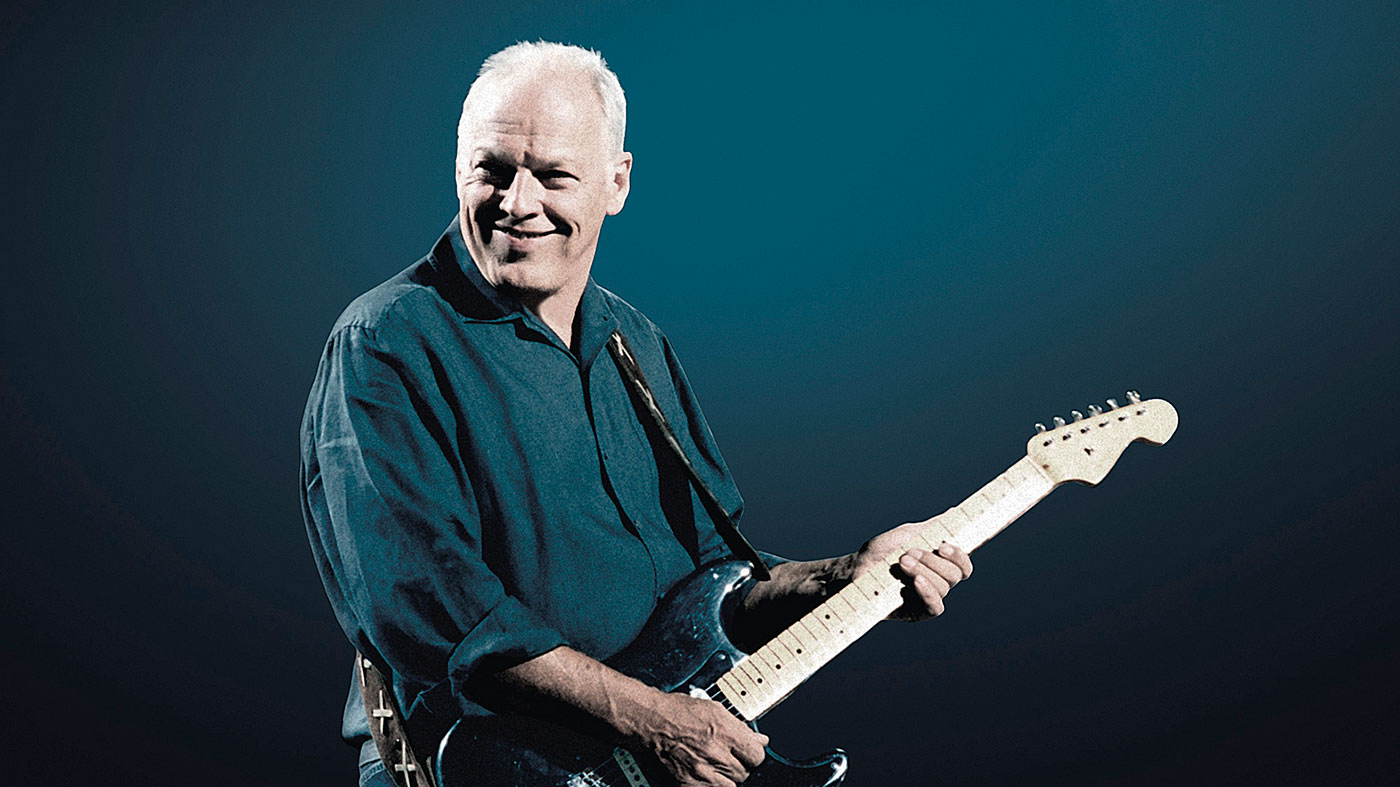
5 songs guitarists need to hear… by David Gilmour (that aren't Comfortably Numb)
“I was already into old school prog as my dad was into Pink Floyd and King Crimson. I unfortunately just missed out on seeing Pink Floyd – my older brother is three years older than me and he went with my dad to see them on the Pulse tour. However, I have seen David Gilmour a few times.
“They’re an incredible band and really played a massive part in shaping me as a musician: the long structures they had, going from being experimental in their early days to refining their sound on The Dark Side Of The Moon. Animals is probably my favourite of theirs. It feels like every song has its own character and really stands out for me.”
5. Gentle Giant – Three Friends (1972)
“I came to Gentle Giant a bit later, they’re an old school prog brand. Both Vector and Virus are essentially a backstory to the character in our song Cockroach King from The Mountain.
That song stood out for having a quirky tongue in cheek feel to it, and I was definitely going through a phase of listening to all their albums at that point. One album that stood out was Three Friends.
It’s focussed around really interesting vocal arrangements and that’s what inspired us to start Cockroach King with its beginning. We carried on that sound to a certain extent on Virus and Vector; there are some Easter Eggs throughout the albums that call back to those musical references.”
6. Radiohead – OK Computer (1997)
"OK Computer played a massive role in my growth as a musician"
“I was in a band with Ross in high school and played a bunch of Beatles songs, Led Zeppelin and even Stereophonics, but the majority of songs we did were by Radiohead. So OK Computer played a massive role in my growth as a musician.
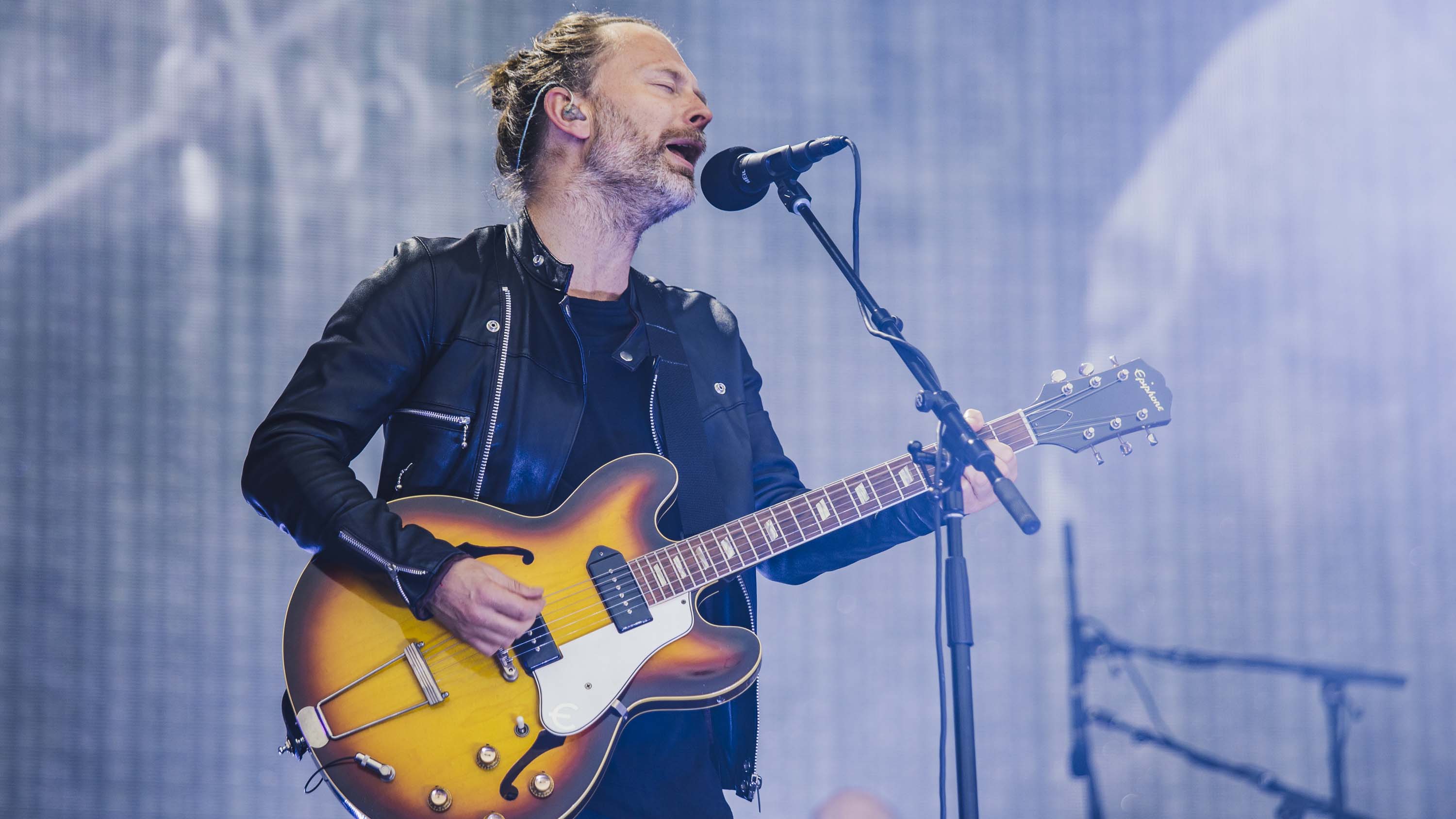
Learning those songs taught me a lot about arranging – they were really progressive in the indie field. And then they released Kid A, which is up there with one of my favourite albums too; so daring and experimental.
It’s amazing that they released an electronic album like that after OK Computer, which was so important and one of the biggest rock albums of that decade.”
7. Yes – Fragile (1971)
"For me they were like modern baroque composers"
“This was another I discovered while rummaging through my dad’s record collection. I was just drawn to the cover more than anything. Then I listened to it and there’s some really amazing guitar work, especially on Roundabout.
“What I love about bands like Yes and Gentle Giant is the classical influence. My mum was a piano teacher so I grew up playing piano and going down the classical route, so I latched onto a lot of the sounds in those albums.
"For me they were like modern baroque composers. I loved the complexity; you could listen to one vocal, guitar or drum part on its own and it would sound quite simple, but when you combine them you get this rich tapestry of sound.”
8. Squarepusher – Go Plastic (2001)
“Squarepusher and electronic music are a big influence on me. I think with progressive music you’re sometimes limited to what you can achieve by playing instruments. With Squarepusher, the fact he’s programming all the parts – apart from the bass – the possibilities at his disposal are limitless, so he just goes crazy, especially with the glitch editing on the drums.
"And on top of that he’s a virtuoso bass player. I went to see him a few years ago, and he was playing his crazy, glitchy electronic music backed by an orchestra, which was an amazing experience.”
9. Flying Lotus – You’re Dead! (2014)
"If you listen to the album you can really hear the harmonies are very modern, jazz-based and progressive"
“He’s a hip-hop guy, and this album is mind-blowingly amazing. It’s like a free-form jazz odyssey, with him rapping on top of it. The drum production is incredible and out there, really messed up, distorted and over compressed.
"I went to see him at Glastonbury and he was joined onstage by a guy called Thundercat, who is a bass player and was shredding on his bass through the show, so I got into his music too.
"I was investigating Flying Lotus’ sound and he sighted Gentle Giant as an influence. You don’t hear people in hip-hop sight that kind of thing as an influence, but if you listen to the album you can really hear the harmonies are very modern, jazz-based and progressive. So for me it’s a jazzy, progressive hip-hop odyssey.”
10. Tigran Hamasyan – Shadow Theatre (2013)
“This guy is my favourite musician"
“When I’m sat at my piano composing music a lot of the ideas tend to be a lot more colourful and expansive than when I’m on my guitar. The ideas I come out with on my guitar tend to be more riff-based and rhythmic, while it’s more harmonic on the piano.
"Playing classical music from an early age I think helped form my harmonic palette for the early years of my musical journey, but I’ve tried to push it further to explore more jazz harmonies by listening to the likes of Tigran Hamasyan.
“This guy is my favourite musician. It’s not your typical prog album in any sense –he’s a jazz pianist – but he sights the likes of Meshuggah as an influence. He fuses these messed up Meshuggah rhythms with Armenian folk and jazz harmonies, and almost plays the piano like he’s playing the guitar, just riffing away.
"It’s the most interesting, unique music I’ve heard in years. In terms of the rhythm it’s been a massive inspiration for me over the last six years.”
Virus is released on 19 June 2020 via Inside Out Music. Head over to hakenmusic.com for more info.
"Reggae is more freeform than the blues. But more important, reggae is for everyone": Bob Marley and the Wailers' Catch a Fire, track-by-track
“Part of a beautiful American tradition”: A music theory expert explains the country roots of Beyoncé’s Texas Hold ‘Em, and why it also owes a debt to the blues









